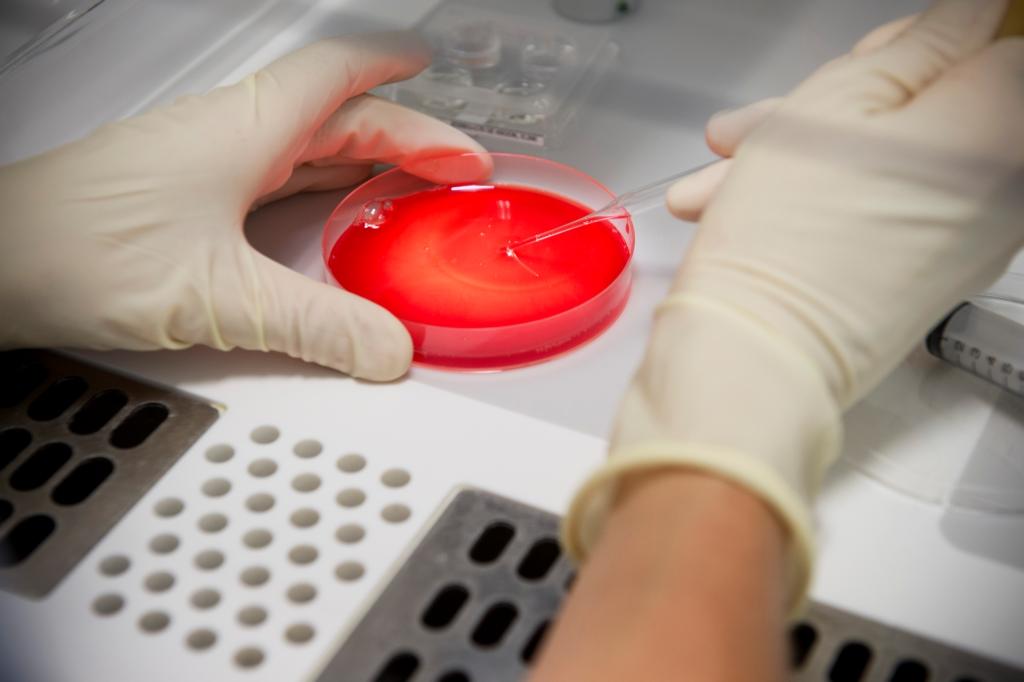Laceration of uterus lining
"The chances of successful IVF treatment remain moderate: the likelihood of pregnancy is 25 to 30% per initiated cycle," Professor Karen Peeraer explained. "Until now we thought we could increase the probability of pregnancy with an 'endometrial scratch', a procedure that involves gently wiping a small plastic tube (catheter) across the endometrial lining. The idea is to gently lacerate the lining and initiate a mild inflammatory reaction, which may lead to improved embryo implantation during IVF/ICSI treatment.”
Conflicting studies
Previous studies showed that an endometrial scratch had a positive effect on the likelihood of pregnancy, particularly in patients who repeatedly failed to conceive following implantation. Professor Karen Peeraer added the following comment though: "Unfortunately these studies usually relate to groups that are too small to draw definitive conclusions. One of the larger studies, however, showed that the scratch did not have an effect on the likelihood of pregnancy. Nevertheless, 83% of British, Australian and New Zealand fertility specialists still recommend this intervention."
The study showed that the likelihood of a successful pregnancy was the same in both groups. It is obvious, therefore, that we should no longer propose an 'endometrial scratch' to patientsProf. dr. Karen Peeraer - gynaecologist fertility centre
Large group of patients
The PIP study was initiated to provide clarity concerning the value of the treatment once and for all. All women who were starting IVF/ICSI treatment were invited to participate. This major international study, which was recently published in the New England Journal of Medicine, examined 1,364 women in 13 fertility centres across 5 countries between June 2014 and June 2017.
UZ Leuven was the only Belgian centre to participate. Professor Karen Peeraer: "Approximately half of the women underwent an 'endometrial scratch', the other half acted as a control group. UZ Leuven monitored 81 women. The study showed that the likelihood of a successful pregnancy was the same in both groups: a quarter of the treatments were successful. It is obvious, therefore, that we should no longer propose an 'endometrial scratch' to patients. However, further randomised research is needed to verify whether 'endometrial scratch' treatment could be beneficial in a specific group of IVF patients."

